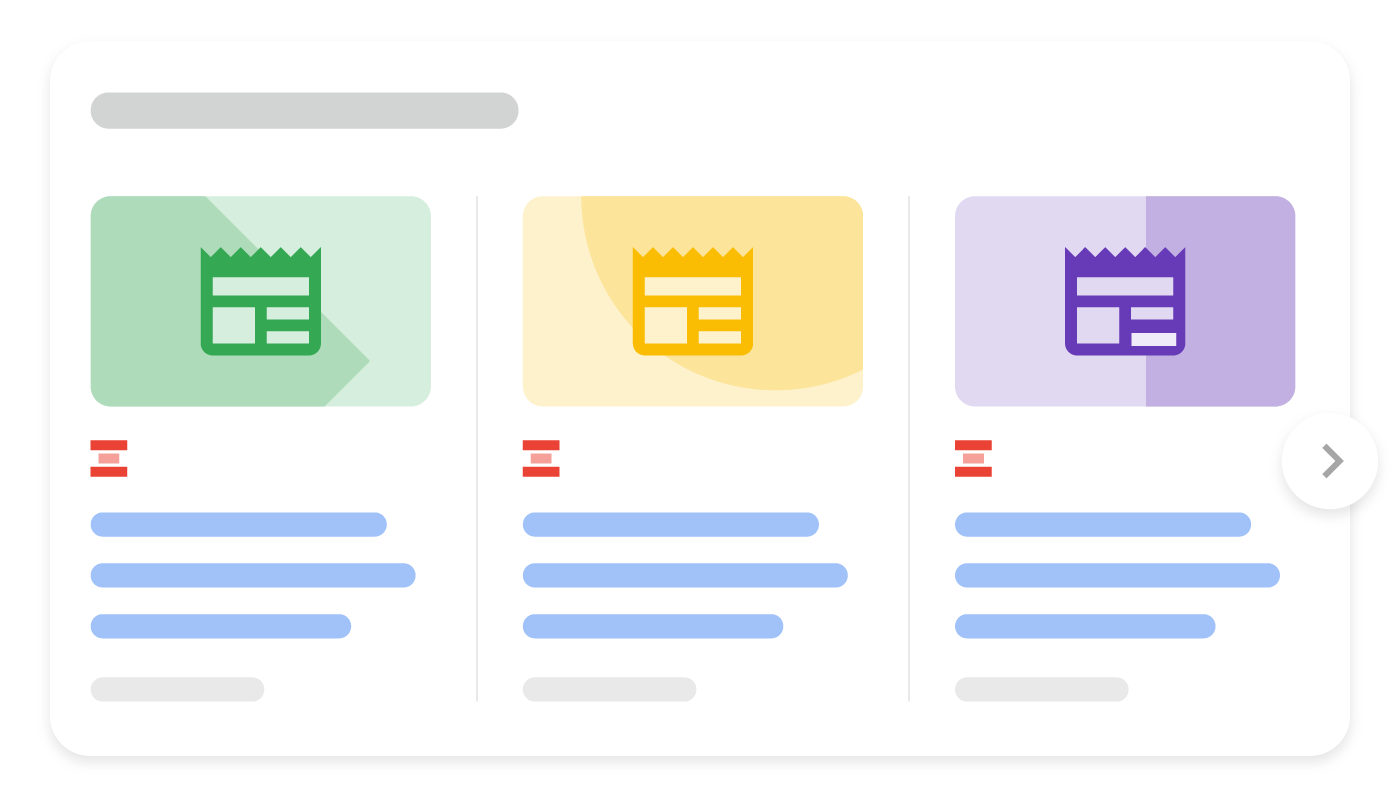The SEO Problem That Was Hiding in Plain Sight
I had a feeling something was wrong with my website. I was writing news articles, but they weren’t showing up in Google’s “Top Stories” section. I looked at my website’s code and found the problem: every single post, from a deep explanation of AI to a news story about the new iPhone, was being labeled with the same generic “BlogPosting” tag.
For a search engine like Google, this is like putting a newspaper and a diary in the same folder. It’s not very smart. My news articles weren’t being seen as news, which meant I was missing out on a lot of readers. It was time to fix this.
Working with an AI, Not Just Giving Orders
I told my AI coding partner, Gemini, about the problem. Its first idea was to build a whole new system for labeling my posts. This was a good idea, but I had a feeling there was a better way. My website’s theme, PaperMod, is very popular, so I thought it might already have a way to do this.
This is where working with an AI gets really cool. I told Gemini, “I think the theme might already have a way to do this. Can you check?”
That one question changed everything. Gemini immediately started looking through the theme’s files and found the answer: a file called layouts/partials/templates/schema_json.html.
The Simple Fix
After looking at the file, Gemini came up with a much better plan. Instead of building something new, we would just make one small change to the existing file.
We copied the file to a special folder on my website (so we wouldn’t mess up the original theme) and changed this one line of code:
"@type": "BlogPosting",
To this:
"@type": "{{ .Params.schemaType | default \"BlogPosting\" }}",
That’s it! This one line changed my whole SEO strategy. It tells my website to check the settings of each post for a schemaType. If it finds one, it will use it. If not, it will just use the old “BlogPosting” tag. This is a very smart and simple fix.
To make sure I understood everything, Gemini even explained the difference between the different types of tags:
| Feature | Article (for general posts) | BlogPosting | NewsArticle |
|---|---|---|---|
| Best For | General articles, guides, and pages that don’t change much. | Regular blog posts and opinion pieces. | News stories, announcements, and reports. |
| What it Tells Google | “This is an article.” | “This is a blog post.” | “This is a news report.” |
| How it Affects SEO | Standard | Good for blog searches | Best for showing up in news sections |
| Example | A detailed guide on “What is AI?” | A post on “My Experience with Gemini” | An article on “Apple Releases iOS 26” |
A Smarter Blog and a Better Team
With that one change, my blog is now much smarter. I can label my news posts as news, my guides as articles, and my blog posts as blog posts.
This experience taught me that working with an AI is like having a conversation. Sometimes, the best thing you can do is give it a little hint or suggestion. That’s when you can find the best and smartest solutions.
The Gemini Journals Series
- A Day with Gemini: From Code to Content
- From Lovable Dev to Gemini CLI: A Developer’s Journey
- The Gemini CLI Sandbox: A Secure Environment for AI-Powered Development
- Dynamic SEO Schemas with Gemini Journals (This Post)
- My Lovable AI Experience: A Journey of Collaboration
- Our Gemini Collaboration: A Deep Dive
- Our Gemini Collaboration: Solving the Missing Cover Image
- Gemini CLI in the Cloud: Secure and Isolated Development with Codespaces/Gitpod
